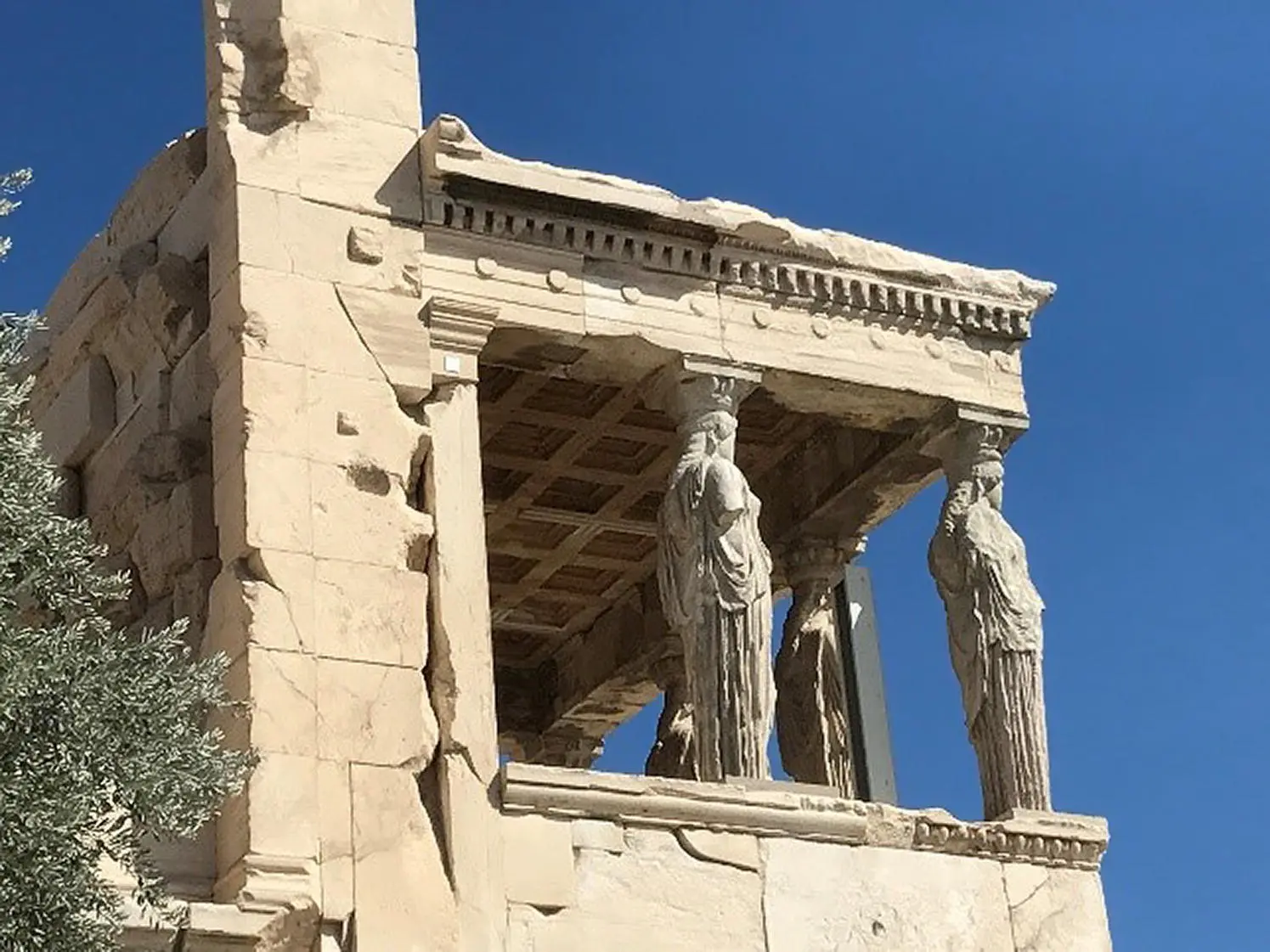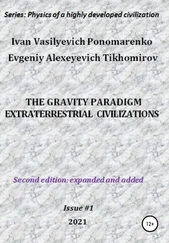(Sophocles n.d.).
Slavery was a part of life throughout the ancient world. A census of Attica taken between 317 BC and 307 BC showed that there were 21 000 citizens, 10 000 metics, and 40 000 slaves. Slaves were the lowest class. Most were purchased from slave traders, though many were obtained as the spoils of war. Most Athenian citizens owned at least one slave. In fact, not being able to afford at least one slave was a sign of poverty.
Domestic slaves were often treated well and considered part of the family. Some served as tutors or domestic servants. Some could even purchase their freedom. Many, perhaps the majority, labored on farms. Some were owned by the city‐state. They functioned much like civil servants. It was a slave who attested to the genuineness of the city‐state's coinage. They served as policemen and aided in the arrest of criminals. The official executioner was a state‐owned slave.
However “good” the life of a slave appeared to be, the fact remained that slaves were legally classified as chattel property. A slave could be sold, punished, or even killed by the master, though killing one's slave was frowned upon in Athens during the classical period. Athenian law required that a female slave be tortured before she could give evidence in court. Aristotle said that slaves were a “sort of living possession.” He defended slavery as being “natural,” since some human beings lacked the capacity to reason. Such a position, of course, was hard to defend if the slave was another Greek obtained in war.
The lowest of all slaves were those who worked in the Laurium silver mines located less than 40 miles (64 km) southeast of Athens. Much of the wealth that made Athens an imperial power and the glory of the classical period came from the Laurium mines. The mines were owned by the city‐state and leased to individuals. Private individuals leased slaves to the miners to labor in the mines or the surrounding facilities that converted the silver ore into coins. About 350 mines employed approximately 20 000 slaves, according to Thucydides, and produced 1000 talents (26 kg or 57 lb.) of silver annually.
Slaves working in the mines were considered disposable slaves. Their life was short and brutal. Naked, the miners descended down a vertical shaft by ladder, and then entered a narrow horizontal shaft. Bent over, they worked with pick and iron hammer to extract the ore. They were poorly fed, savagely beaten, and seldom saw daylight. Because the silver ore contained large amounts of lead, the miners usually died in one to two years from lead poisoning.
Homosexuality was a characteristic part of society in classical Athens, as elsewhere. In Plato's Symposium homosexuality is lauded as “a pure form of Celestial Love.” What Plato called the only true love, the love between two males, was really between an adult male and a young boy. It was the norm for an adult male to take a young boy as his lover until the boy was old enough to grow a beard. The relationship between the adult and his lover was considered an educational one. The adult guided his young lover on his way to adulthood.
Intercourse between male and female, husband and wife, was necessary for procreation. “Women for children; boys for pleasure” is an apt description of sexual activity in classical Athens. It is evident from images on vases and art objects, that love was public as well as private. There are vases with pictures portraying intercourse between two individuals while others look on.

Figure 2.3The Erchtheion was a temple dedicated to the goddess Athena on the north side of the Acropolis in Athens, 421–406 BC.
Source: Photo courtesy of Brent Kooi, private collection.
Both Plato and Xenophon, another of Socrates' students, speak of Socrates' well‐known fascination with young boys. Both speak of measures taken by Socrates to avoid relationships with the boys from becoming physical, though Plato admits that Socrates did occasionally give in to temptation. Both agreed with their master that the relationship between the adult and the boy could be aimed at both sexual love and “also at obtaining moral wisdom and strength” (Van Dolen 2018).
The greatness of Greek civilization is not found in its political history, but like the ancient Hebrews, in how they tried to answer the perennial questions of the meaning and purpose of existence. The Greeks, like the Hebrews, demythicized nature. But the Greeks were the first to attempt to understand the world, and human beings, relying only on reason. For the Hebrews, there was a natural order to the universe because it was created by a reasonable God. Because the individual was created in God's image, the individual could understand and discover the order of the universe. The Greeks also believed that there was a natural order inherent in the universe. Because the individual possessed the capacity to reason, the individual could discover and understand the natural order of the universe. For the Hebrews the individual's value came from being the image bearer of God. For the Greeks the individual's value came from the capacity to reason. The emphasis by both on the value of the individual and the individual’s ability to reason are two fundamental values that distinguish Western Civilization from non‐Western civilizations throughout history down to the present.
The Greek philosophers of the Hellenic period may be conveniently divided into cosmologists, or natural philosophers, and the humanistic philosophers. The first philosophers were from Ionia, the Greek colonies along the coast of Asia Minor. They were seeking reasonable explanations for natural phenomena, rather than attributing them to the arbitrary will of the gods or simply random chance. Thales (624–546 BC), Anaximander (610–546 BC), and Anaximenes (585–528 BC) were all from Miletus.
Thales, often called the first philosopher, believed that everything originated in water, the most basic element, and came about by a natural process. Anaximander began with matter, which he called the “boundless” or “unlimited.” Life, he reasoned, began in a warm slime. Fish moved onto land and eventually evolved into human beings. It is said that Anaximander supported his theory with a collection of fossils. Anaximenes believed that air was the basic element and all that existed was the result of the thickening and thinning of air.
Matter was the ultimate reality for the philosophers of Miletus. Elsewhere, other Greek thinkers took different approaches. Heraclitus of Ephesus (435–475 BC) postulated change, or flux, as the basic reality. He taught that fire was the basic element. All other elements, and thus all that exist, has its origin in fire. “All things,” said Heraclitus, “are an interchange for fire, and fire for all things, just like goods for gold and gold for goods.” In contrast, Parmenides of Elea (fl. early fifth century BC) in southern Italy held that reality is one, eternal, and unchanging. In his didactic poem, “Nature,” he contrasts “Being” (mass) with “Not Being” (void). Being, that is matter, said Parmenides, is the only object of knowledge, and knowledge can be arrived at through abstract thought. Parmenides is sometimes called the father of formal logic.
Empedocles (495–430 BC) of Agrigentum (a.k.a. Akragas or Agrigento) in Sicily tried to reconcile Heraclitus (change, flux) and Parmenides (eternal, unchanging) with the concept of the four basic elements: earth, air, fire, and water. The four elements were combined or separated by the forces of love and hate. Pythagoras (c. 570–c. 495 BC) of Samos, also in southern Italy, pointed to the importance of mathematics by suggesting that there is an inherent mathematical order to the universe. The visible world and the world of ideas merely reflects the mathematical relationships in the universe. Democritus (460–370 BC), a pupil of Leusippus (c. 460–370 BC), postulated an infinite number of atoms falling through a void. Everything that existed was formed by different combinations of atoms which were governed by natural law. By seeing the universe as a kind of machine operating according to natural laws, whose order was mathematical and subject to logical proof, the natural philosophers discovered the basis of scientific reasoning.
Читать дальше













